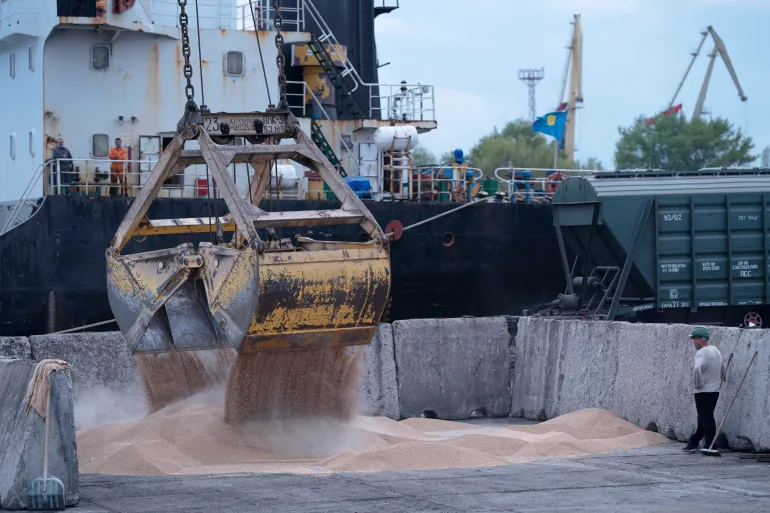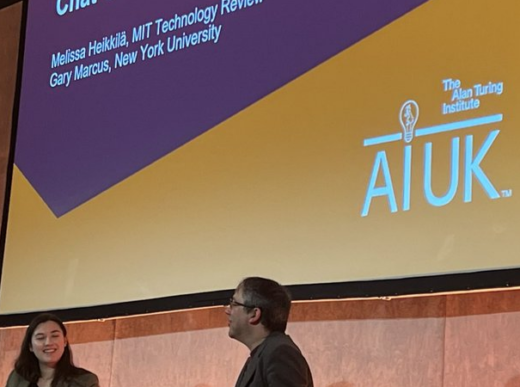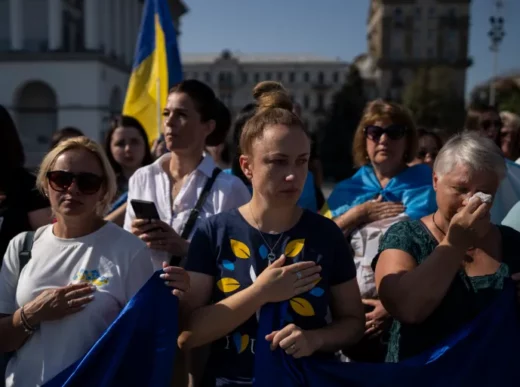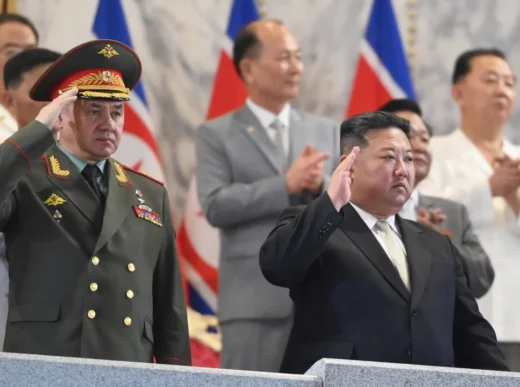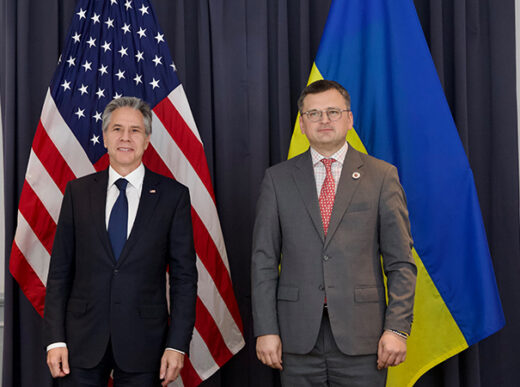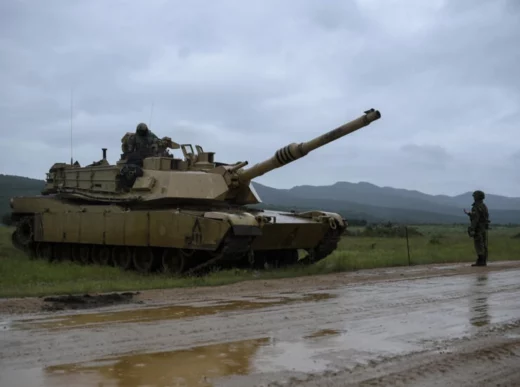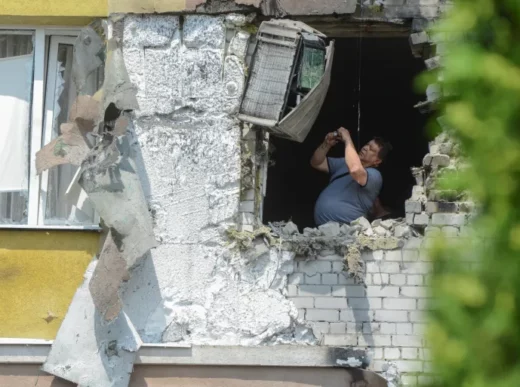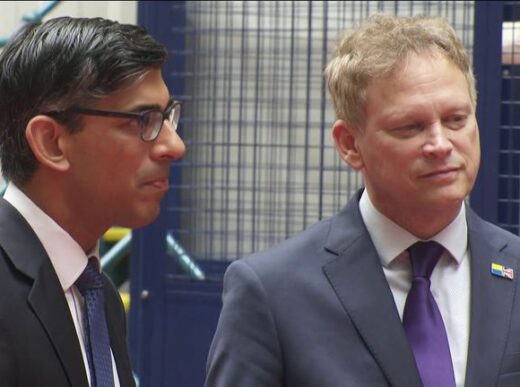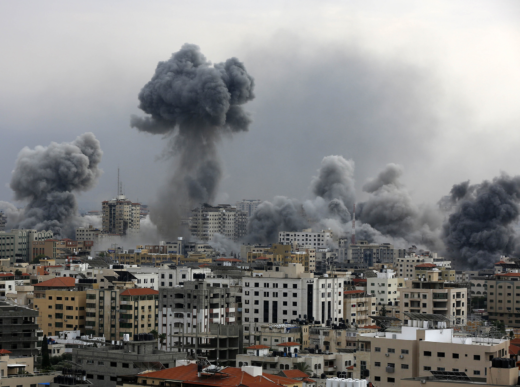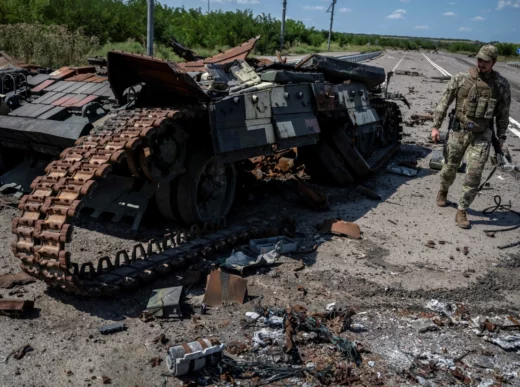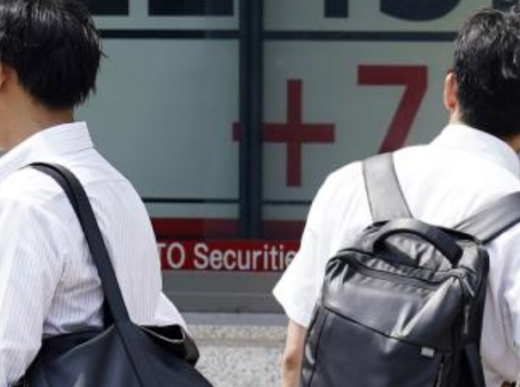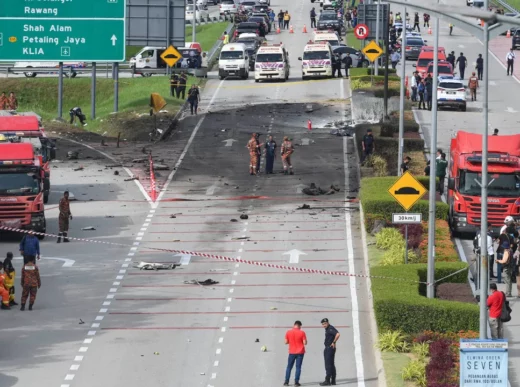Russia has unleashed a series of drone attacks on one of Ukraine’s major grain exporting ports, just hours before Russian President Vladimir Putin and Turkish President Recep Tayyip Erdogan were scheduled to hold crucial discussions. The incident occurred in the Izmail port, situated along the Danube River in the Odesa region, prompting Ukraine’s Air Force to issue an urgent advisory to Izmail port residents to seek shelter.
Drone Assault and Widespread Damage
Oleh Kiper, the Governor of Odesa, later confirmed that Ukrainian forces had successfully downed 17 drones over the southern region. However, the attack inflicted significant damage to the port’s infrastructure, including warehouses, production facilities, agricultural machinery, and equipment belonging to industrial enterprises in various settlements within the Izmail district. Fortunately, early reports indicate no casualties or injuries resulting from the attack.
This drone assault unfolded in conjunction with the scheduled meeting between Putin and Erdogan in Sochi, Russia, aimed at discussing a Ukrainian grain export deal that played a crucial role in alleviating food shortages across Africa, the Middle East, and Asia.
Background on the Grain Export Deal
The grain export deal, brokered by the United Nations and Turkey in July 2022, allowed for the export of nearly 33 million metric tonnes (36 million tonnes) of grain and other essential commodities from three Ukrainian ports despite the ongoing Russian invasion. However, Moscow withdrew from this agreement approximately six weeks ago, citing impediments to its food and fertilizer exports and dissatisfaction with the distribution of Ukrainian grain to countries in need.
Since exiting the agreement, Russia has launched a series of attacks on Danube River ports, which have emerged as Ukraine’s primary route for grain exports. The extent of damage caused by Monday’s attack is yet to be determined, but it follows similar Russian assaults on the Reni port the previous day, resulting in damage to port infrastructure and injuries to at least two individuals.
Erdogan’s Role in Reviving the Grain Corridor
A top aide to President Erdogan emphasized the pivotal role of the meeting between the Russian and Turkish leaders in reinvigorating the grain corridor. The current status of the grain deal was set to be a focal point of discussion during the summit. Erdogan, who has maintained a close relationship with Putin throughout the 18-month war and refrained from joining Western sanctions against Russia, has consistently pledged to revive the Black Sea deal.
Erdogan has expressed understanding of Putin’s position and stressed the importance of Western countries meeting certain expectations regarding the grain deal. Russia has indicated a willingness to reconsider the Black Sea agreement if its demands, including reconnecting the Russian Agricultural Bank to the SWIFT international payments system (cut off by the European Union in June 2022), are met. While Western sanctions do not apply to Russian food and fertilizer exports, Moscow has claimed that restrictions on payments, logistics, and insurance have impeded shipments.
UN Efforts to Revive the Deal
The United Nations has also intensified its efforts to reestablish the grain export deal. UN Secretary-General Antonio Guterres revealed that he had dispatched a letter to Russian Foreign Minister Sergey Lavrov, outlining “concrete proposals” aimed at facilitating Moscow’s exports to global markets. However, Russian officials expressed dissatisfaction with the contents of the letter, characterizing it as a summary of previous UN ideas that had not gained traction.
The evolving situation underscores the geopolitical complexities surrounding the grain export agreement, with ramifications for global food security and diplomatic relations. As the talks between Putin and Erdogan proceed, the world watches with keen interest, hoping for progress toward resolving this critical issue.
